Day 69: Putin retaliates as EU prepares sanctions on Russian oil
Russian President Vladimir Putin has signed a decree on retaliatory economic sanctions in response to the "unfriendly actions of certain foreign states and international organisations".
According to the decree, Russia will forbid the export of products and raw materials to people and entities that it has sanctioned.
The decree also prohibits transactions with foreign individuals and companies hit by Russia's retaliatory sanctions and permits Russian counterparties not to fulfill obligations towards them, the Kremlin said.
The decree came after the European Union called on its members not to comply with Russia’s demand that imports be paid in roubles, asking them to brace for a complete breakdown in Russian gas supplies.
The bloc prepared sanctions on Russian oil sales following an emergency meeting after Germany said it was ready to back an embargo. Ambassadors from EU countries will discuss the proposed sanctions when they meet on Wednesday.
Moscow last month gave an ultimatum to its energy clients from “unfriendly countries”, including EU member states, to pay for gas in roubles, as a way to compensate for Western financial sanctions against the country’s central bank.
The EU's top diplomat Josep Borrell said the sixth package of sanctions will target several banks including the country’s largest bank, Sberbank, which will be excluded from the global SWIFT network.
“In the banking sector, there will be more Russian banks that will leave SWIFT,” the global banking communications system, Borrell said during a visit to Panama.
Germany, as Russia’s biggest energy customer, presented a new shift in its policy, saying that it will back an immediate EU embargo on Russian oil.
In an interview with ZDF public television, Chancellor Olaf Scholz pledged t hat sanctions will not be lifted until Putin signs a peace deal with Ukraine that Kiev can support.
US-based leading energy research institute EWI warned that Germany should already limit gas use to prepare for the possibility of a future cut-off of Russian gas in retaliation for Western sanctions.
“Gas demand should be reduced immediately over the summer months,” Eren Cam was cited as saying.
German utility Uniper, a major Russian gas customer, warned that an EU embargo on Russian oil could prompt Russia to halt westward gas flows.
On Monday, data from a transmission system operator in Slovakia showed that daily requests for Russian gas deliveries to Europe through Ukraine had hit a 5-month high despite tensions over the war in Ukraine.
According to new figures, flows of Russian gas to Germany through the Nord Stream 1 pipeline across the Baltic Sea showed a sharp rise as well.
Russian gas giant Gazprom shut off natural-gas supplies to Poland and Bulgaria last week after the two countries rejected Russia’s proposal to pay gas in roubles.
BP plunges into $20 billion loss
British energy giant BP said Tuesday its decision to pull out of Russia pushed it deep into the red in the first three months of this year during which it posted
net loss of $20.4 billion compared with a bottom-line profit of $4.7 billion a year earlier.
The huge loss was attributable to the group's decision in February to pull its 19.75-percent stake in energy group Rosneft, ending more than three decades of investment in Russia, BP said.
"Our decision... to exit our shareholding in Rosneft resulted in the material non-cash charges and headline loss," BP chief executive Bernard Looney said in a statement.
BP said the charges connected to the break with Rosneft amounted to $25.5 billion before tax.
The UK government said it is set to grant another 300 million pounds in military aid to Ukraine. It will include electronic warfare equipment, a counter-battery radar system, GPS jamming equipment, and thousands of night vision devices.
The UK will also supply heavy lift unmanned aerial vehicle (UAV) systems “to provide logistical support to isolated forces”, according to Downing Street.
Moscow has repeatedly warned against Western direct intervention in the Ukraine conflict and against supplying arms to the country, saying it will risk escalation of tensions.
Zelensky warns of World War III
On Monday, Ukrainian President Volodymyr Zelensky warned of the possibility of World War III.
During an interview with Saudi Arabia's Al Arabiya and Al Hadath TV channels, Zelensky said the Russian leadership has “forgotten all the lessons of World War II.”
Russia said Tuesday it had struck a military airfield near Ukraine's southwestern city of Odesa with missiles, destroying drones, missiles and ammunition supplied to Ukraine by the US and its European allies.
"High-precision Onyx missiles struck a logistics center at a military airfield in the Odesa region through which foreign weapons were being delivered," its defense ministry said.
"Hangars containing unmanned Bayraktar TB2 drones, as well as missiles and ammunition from the US and European countries, were destroyed," it said.
Russian missiles and artillery also struck various military targets across Ukraine, including command centers, arsenals, and an S-300 anti-aircraft missile system.
The governor of Odesa, Maksym Marchenko, said a rocket strike had hit the Black Sea port city on Monday evening, causing deaths and injuries.
VIDEO | Trump's Iran blunders
Senior cmdr. strongly warns Trump following rhetorical remarks concerning Leader
EU Parliament halts US trade deal after Trump tariff threat
VIDEO | An unchecked presidency
VIDEO | Deportations strain Afghanistan’s fragile economy
‘Full-scale atrocity’: Iran security body reports 2,427 martyrs in US-Israeli-led riots
Smallest coffins are the heaviest: The three youngest victims of foreign-backed riots in Iran
Hamas warns of ‘systematic Israeli violations’ as Gaza ceasefire teeters


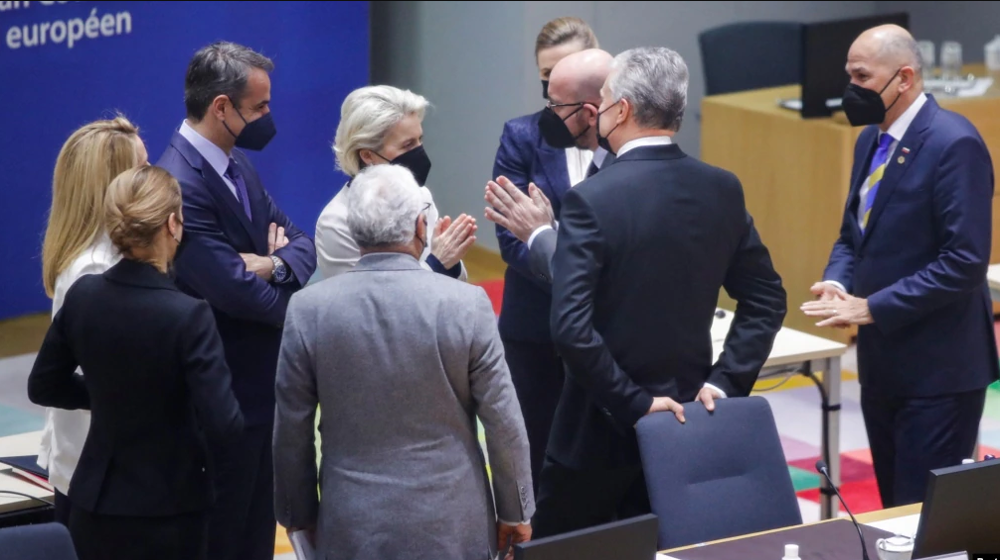
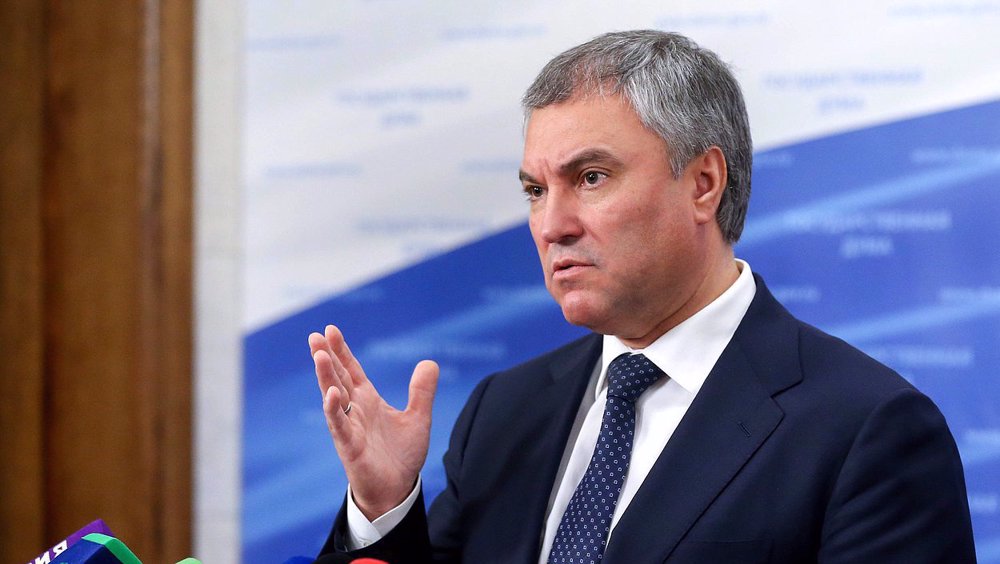
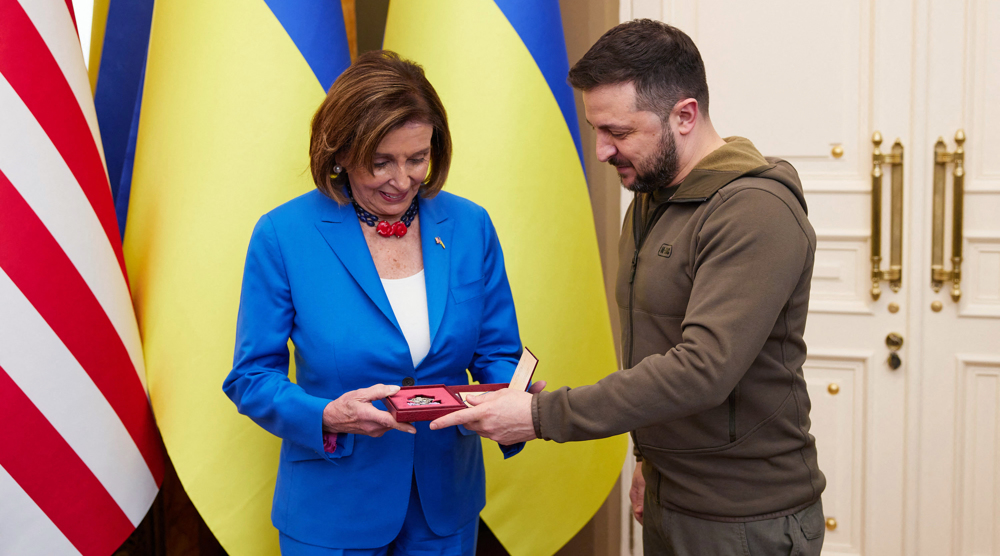
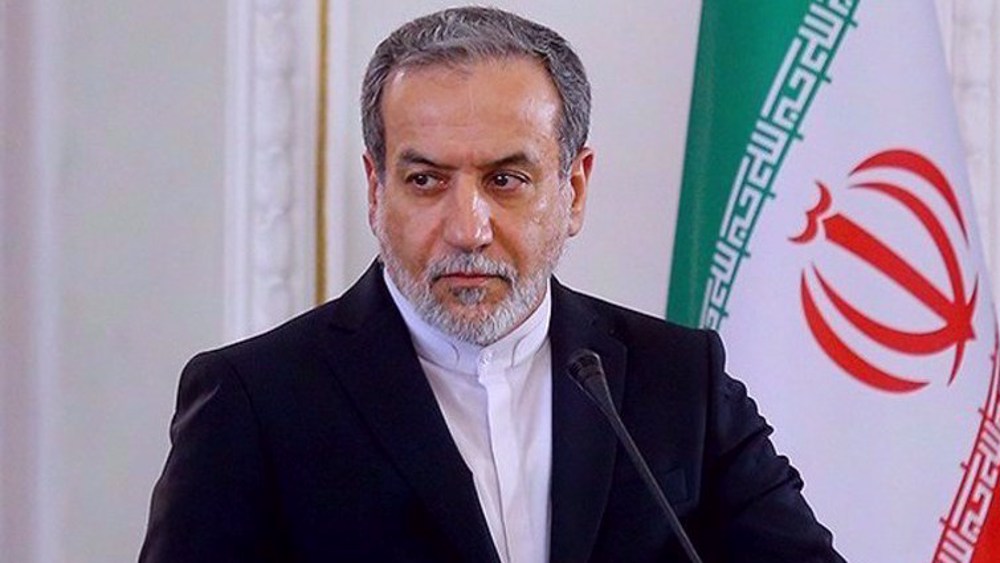
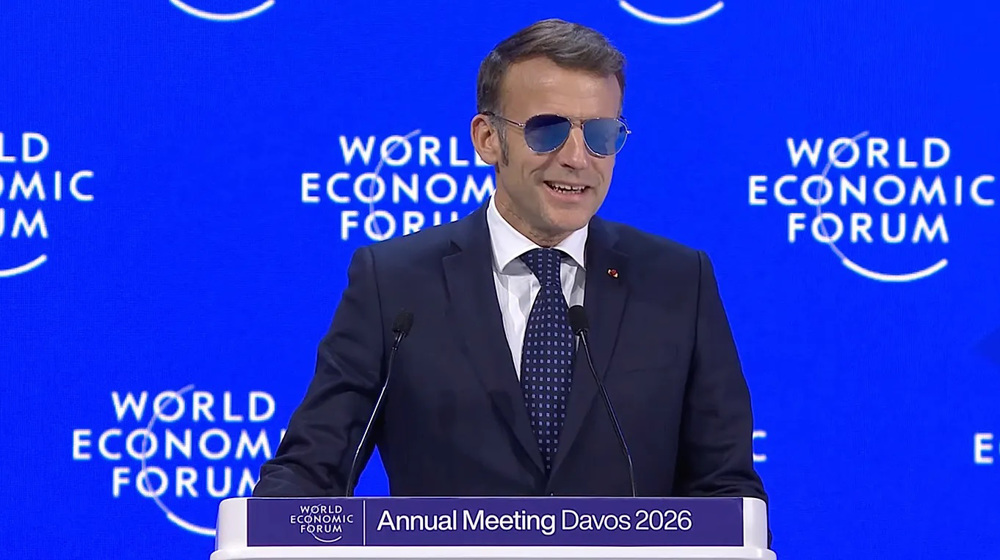
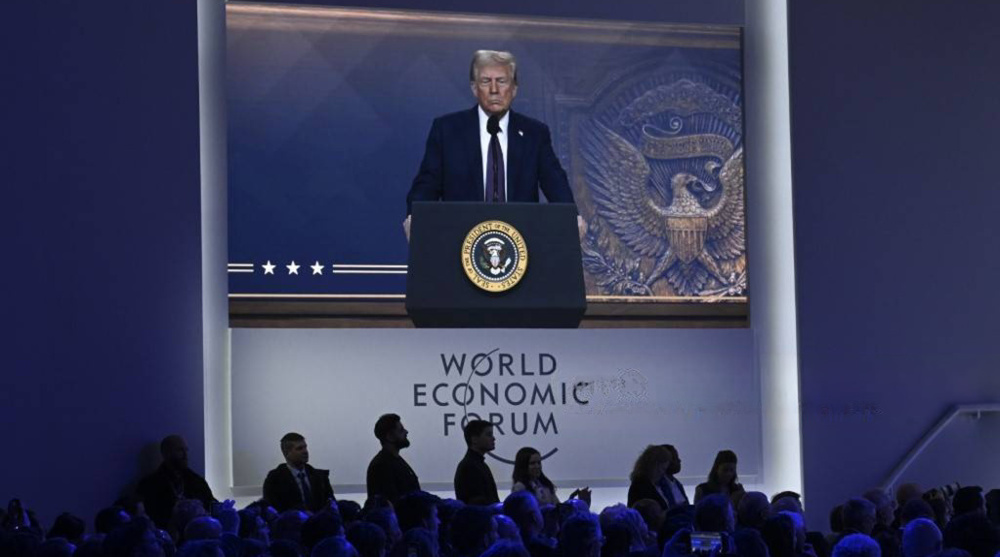



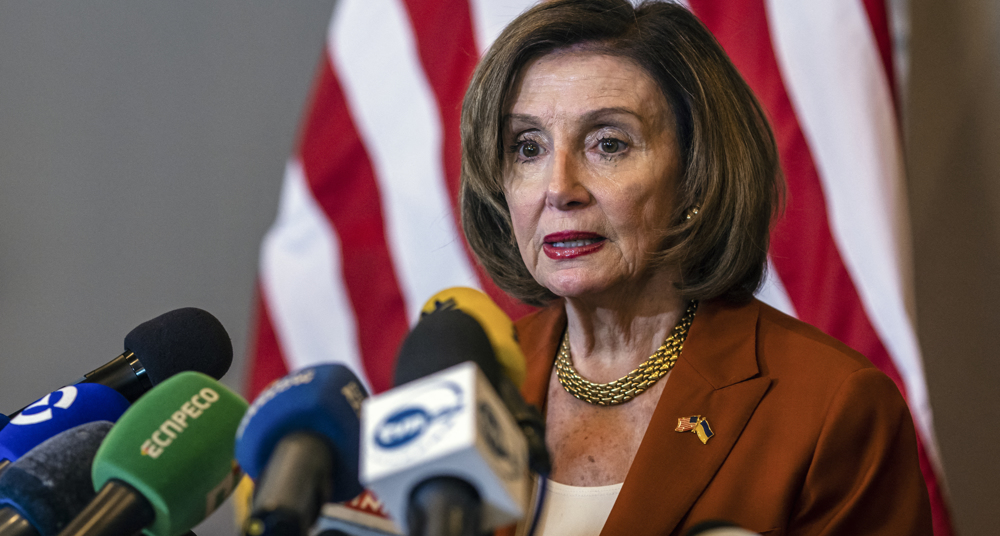
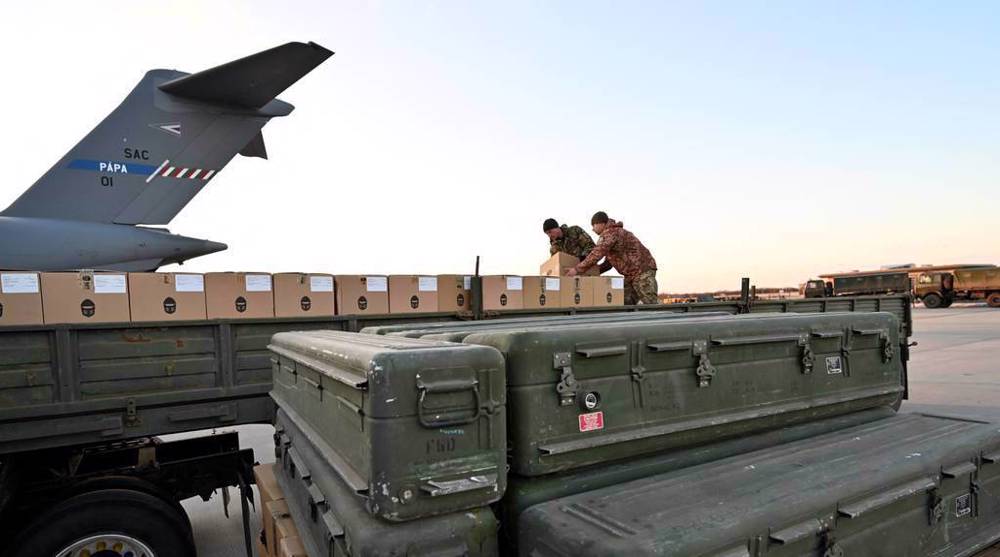
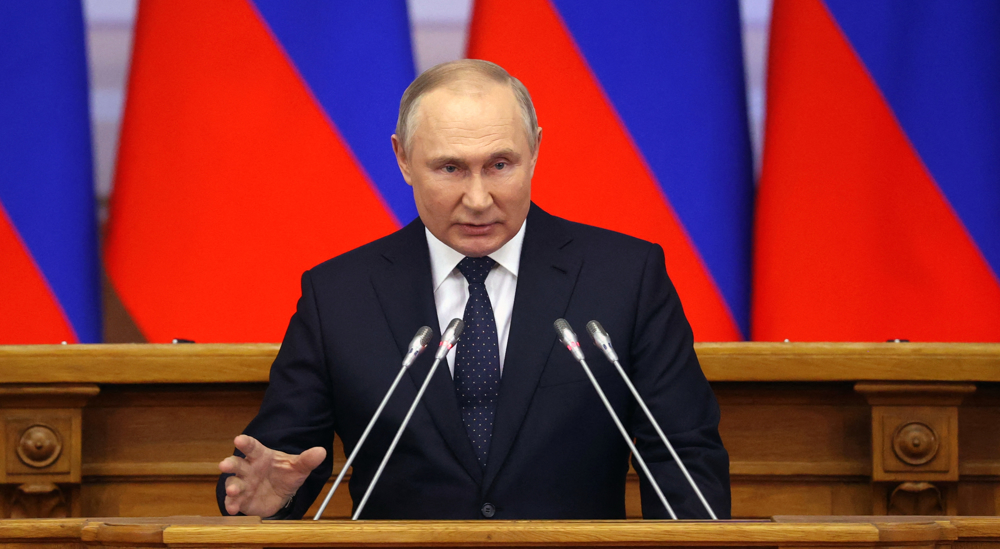
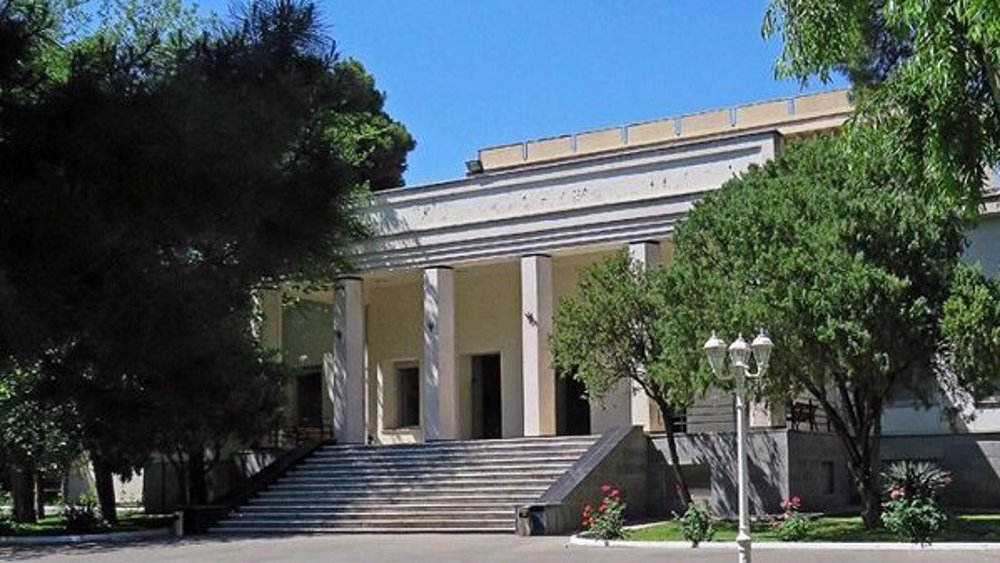
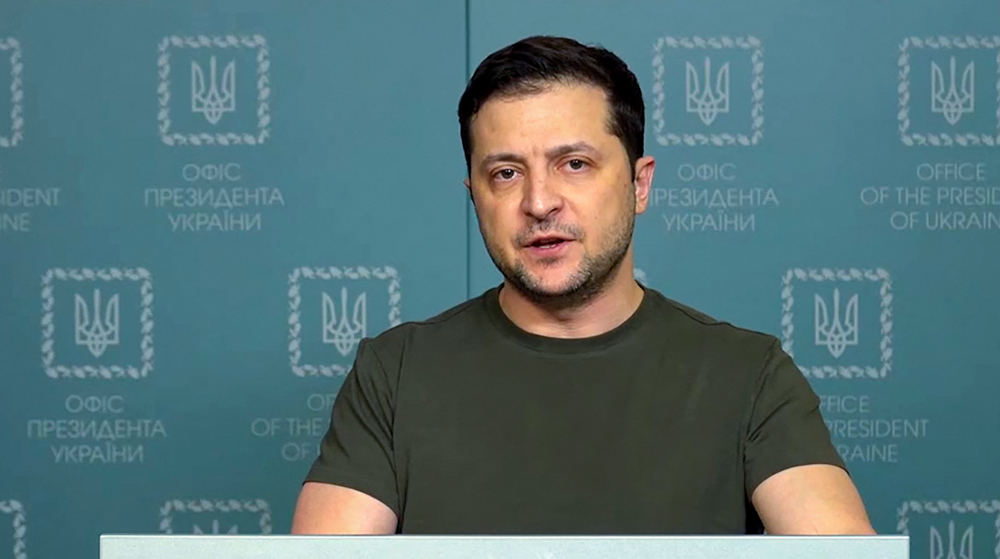

 This makes it easy to access the Press TV website
This makes it easy to access the Press TV website